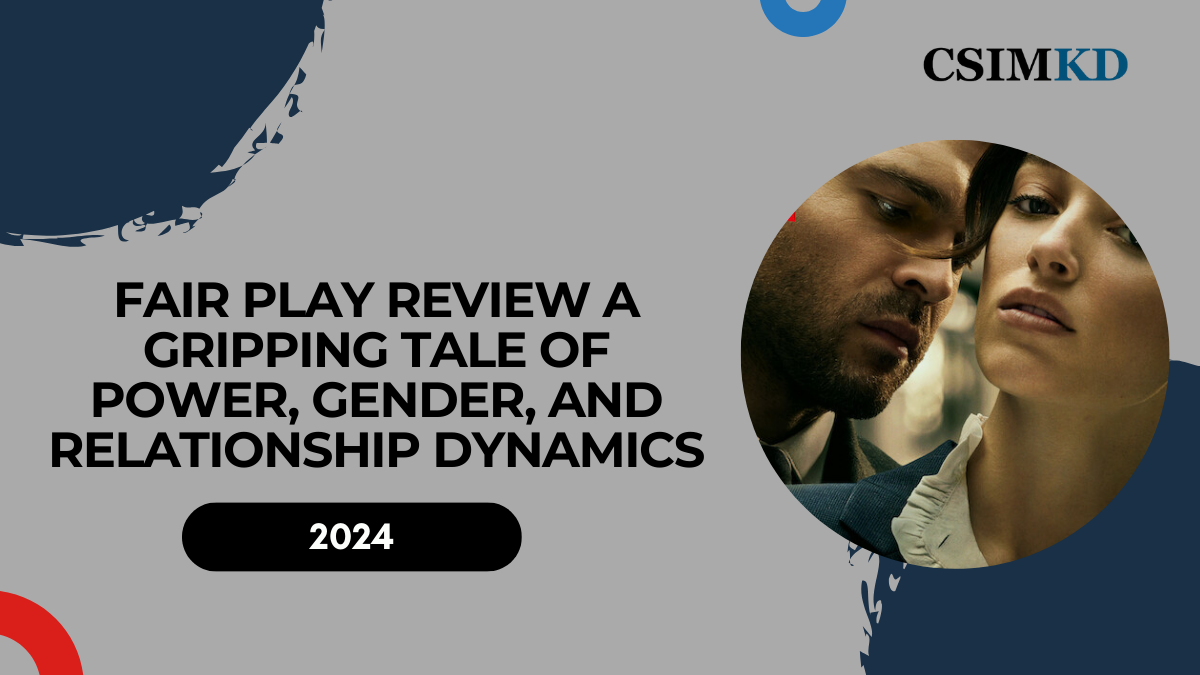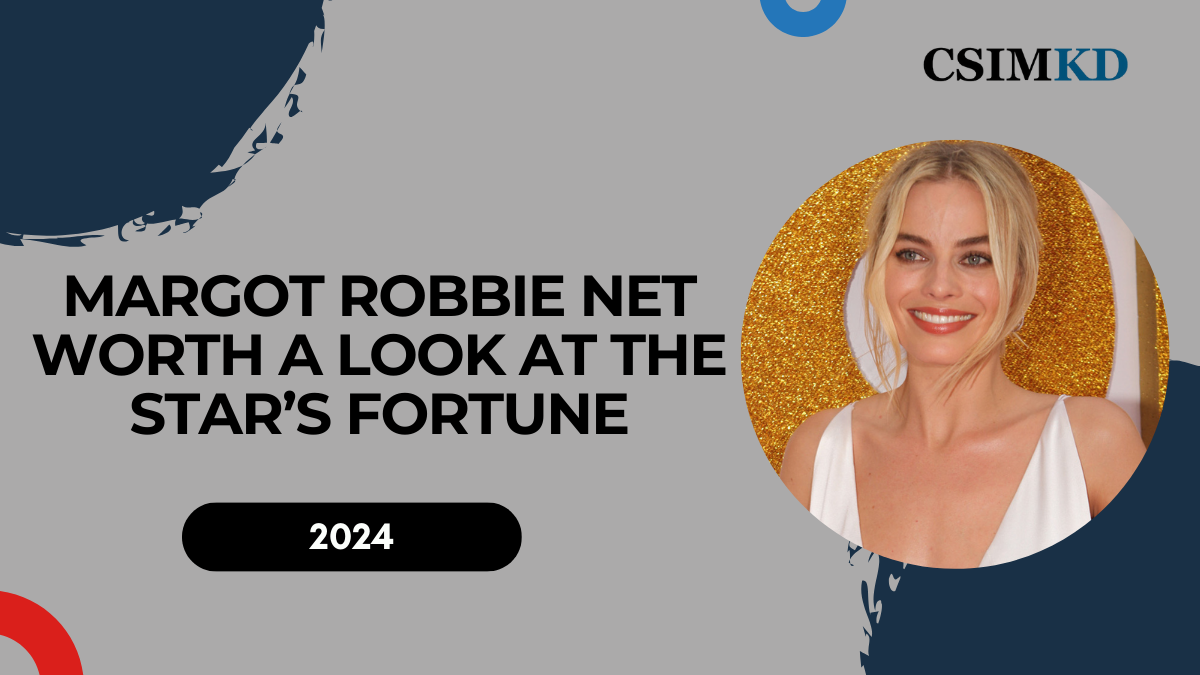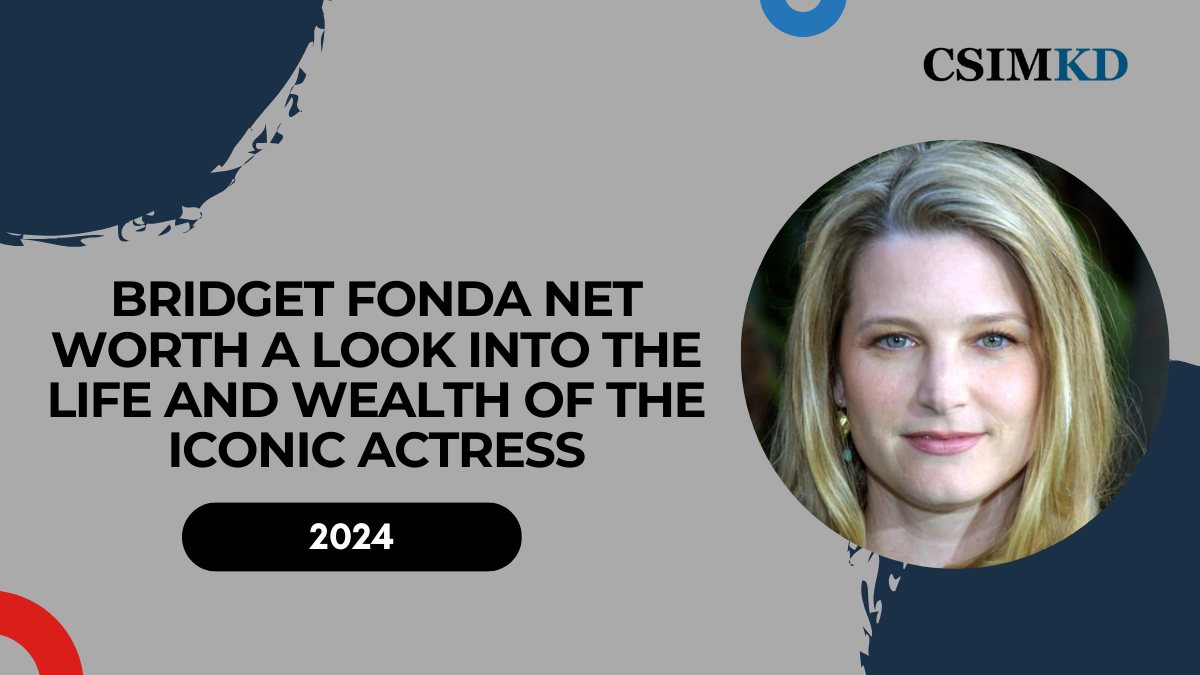The psychological thriller Fair Play, directed by Chloe Domont, has quickly become one of the most talked-about films of the year. Set against the high-stakes world of finance, Fair Play dives into the complexities of modern relationships, gender power dynamics, and personal ambition. Starring Phoebe Dynevor and Alden Ehrenreich as Emily and Luke, a couple whose love is put to the test by professional jealousy, corporate ethics, and the struggle for control, the movie offers a powerful reflection on how career and relationship ambitions often clash.
With strong performances, a tense narrative, and striking social commentary, Fair Play has captivated audiences and sparked discussions on the delicate balance between love and power.

Plot Summary
In Fair Play, Emily and Luke are in a secret relationship, working together at a high-powered hedge fund in New York. Their bond seems strong as they navigate the thrilling pace of Wall Street, but a sudden shift in professional hierarchy introduces a rift. When Emily is promoted over Luke, his pride and masculinity are challenged, and the dynamics of their relationship start to deteriorate. Luke’s resentment grows as he becomes frustrated with Emily’s success and his own perceived failure, spiralling into jealousy and insecurity. This gradual breakdown reveals the fragility of their relationship and the psychological complexities underlying gender roles and expectations in both personal and professional spheres.
Themes and Analysis
The main themes in Fair Play centre around gender roles, the struggle for power, and the psychological toll of professional competition on relationships. At its core, the film delves into the discomfort that often arises when traditional gender roles are subverted. Luke’s discomfort with Emily’s success becomes emblematic of societal expectations around male dominance, ego, and control. The film poignantly illustrates how these expectations can lead to toxicity and strain, even in a modern relationship where both partners are ambitious and intelligent.
The financial industry setting amplifies the pressures on Emily and Luke, as they navigate a world where aggression, assertiveness, and ambition are rewarded, often at the expense of emotional integrity. The film underscores how corporate environments can impact personal relationships, bringing out insecurities and the darker facets of ambition. By setting the story in the financial sector, Domont portrays the ruthless drive for success in an industry notorious for its high-stakes and male-dominated culture, making Emily’s rise and Luke’s subsequent fall even more palpable.
Performances
Phoebe Dynevor’s portrayal of Emily is compelling, as she balances vulnerability and strength with a quiet confidence that shines through. Dynevor’s ability to convey Emily’s internal conflict, the mix of excitement and guilt that comes with her promotion, adds depth to the character. Alden Ehrenreich as Luke also delivers a stellar performance, capturing the essence of a man grappling with wounded pride and bruised masculinity. His transformation from a supportive partner to a bitter rival is nuanced and convincingly disturbing.
The chemistry between Dynevor and Ehrenreich adds another layer to the story, as the evolution of their relationship feels both authentic and tragic. This relational dynamic is central to the film’s tension, with each actor effectively portraying the shifts in affection, resentment, and ultimately, hostility that drive the story forward.
Direction and Cinematography
Chloe Domont’s direction is sharp, keeping the audience engaged with a tight pace and an unflinching portrayal of uncomfortable situations. Domont’s background in television thrillers is evident in her style, creating tension that builds subtly yet steadily. The close-up shots, muted lighting, and cool colour palette enhance the film’s psychological intensity, placing viewers in the emotional space of the characters as they grapple with their evolving dynamic.
The cinematography amplifies the claustrophobic and competitive nature of the financial sector, with sleek, sterile offices that serve as a fitting backdrop to the emotional turmoil brewing between Emily and Luke. The strategic use of close-ups allows the audience to connect with the characters on a deeper, more intimate level, feeling their anxieties, doubts, and insecurities firsthand.
Conclusion
Fair Play is a thought-provoking thriller that raises important questions about gender, power, and the sacrifices made in the pursuit of career success. With a compelling storyline, strong performances, and powerful social commentary, the film offers a refreshing take on how modern relationships are affected by professional competition and societal expectations.
Chloe Domont’s directorial choices and the remarkable performances of Dynevor and Ehrenreich bring depth and authenticity to a film that is as unsettling as it is engaging. For those interested in an intense, character-driven drama, Fair Play is a must-watch that will leave audiences reflecting on the delicate balance between ambition and intimacy in today’s fast-paced world.
Click here to know more.












